Understanding different theoretical models of learning is crucial for educators working within the constant change of education environments.
These models and educational theories provide valuable insight into how people acquire knowledge and skills – and can inform the design of more effective, real-world learning environments.
Explore some of the most popular learning theories and find out more about how these models can help support different types of learning and cognitive processes, as well as instructional design for educators.
Popular theories of learning
Behaviourism
One prominent theory of learning is behaviourism, which focuses on observable behaviours and the impact of the environment on learners.
Behaviourism theories include:
- Operant conditioning theory, which was popularised by American psychologist and behaviourist B.F. Skinner. Skinner suggested that a person’s environment determines their behaviour – and that good behaviour can be reinforced with rewards, while bad behaviour can be decreased through punishments or other negative consequences.
- Classical conditioning theory, which was developed by Russian psychologist Ivan Pavlov and is often called Pavlovian conditioning. Pavlon believed people can learn by connecting a particular stimulus with a positive association.
While different, both of these theories demonstrate how stimuli and reinforcement can shape behaviour. Importantly, by understanding the principles of behaviourism, educators can design learning activities that promote positive reinforcement and encourage desirable pupil or student behaviours.
Constructivism
Contrasting with behaviourism, constructivism emphasises learners’ active participation in constructing knowledge and understanding. For example:
- Jean Piaget’s cognitive theory, or cognitivism, emphasises how learners actively develop knowledge and skills through assimilation: building on existing references, adapting ideas based on their own experiences, and making connections between different points of prior knowledge. Piaget, a Swiss developmental psychologist, believed there were four stages of development including the: sensorimotor, preoperational, concrete operational, and formal operational stages.
- Lev Vygotsky’s sociocultural theory, or social constructivism, highlights the importance of social interaction and what Vygotsky called the zone of proximal development in facilitating learning. Vygotsky was also a proponent of learning through play.
Other constructivist theorists include Jerome Bruner, who suggested the role of education should be to create autonomous learners, and John Dewey, who believed learners should be in control of their own learning.
By integrating constructivist principles, educators can create engaging learning experiences that encourage critical thinking, problem solving, and the application of knowledge in real-world contexts.
Connectivism
Connectivism has gained increasing significance in educational psychology in today’s interconnected world. Championed by psychologist George Siemens, this theory focuses on the idea that learning occurs through the networked connections between people, technology, and information sources.
Connectivism acknowledges the importance of broadening one’s worldview and leveraging technology and digital resources to facilitate learning, collaboration, and the acquisition of new knowledge in a rapidly evolving global landscape.
Social learning theory
Drawing from both behaviourism and constructivism, social learning theory suggests people acquire knowledge and behaviours through observation and modelling. The theory, posited by Canadian-American psychologist Albert Bandura, emphasises the role of social interaction and the influence of role models on learning.
By incorporating social learning strategies, educators can create collaborative learning environments that promote active engagement, encourage positive behaviour modelling, and foster the development of interpersonal skills.
Learning styles theory
Learning styles theory accommodates individual differences. It suggests people will have different preferences for acquiring and processing information, and different requirements for learning.
For example, while some learners may thrive in visual or auditory learning environments, others may prefer more hands-on, experiential learning, like those suggested by educational theorist David Kolb in his experiential learning theory.
Educators can promote a more inclusive pedagogy by recognising different pupil and student learning styles and ensuring learners can engage with educational content in ways suited to their individual needs and strengths.
Bloom’s taxonomy of learning
Developed by educational psychologist Benjamin Bloom, Bloom’s taxonomy provides a hierarchical framework for categorising learning objectives using six main categories:
- Knowledge
- Comprehension
- Application
- Analysis
- Synthesis
- Evaluation
Bloom suggested there was a hierarchy of learning, with analysis, synthesis, and evaluation being what he referred to as higher-order thinking skills.
By designing learning activities that encourage pupils and students to analyse, create, and evaluate, educators can foster critical thinking, problem-solving, and a deeper understanding of the subject matter.
The importance of theoretical models of learning
Understanding different theoretical models of learning and their associated concepts and theories empowers educators to create effective learning environments that cater to diverse learners’ needs.
By integrating these theories into pedagogical practices as part of their own professional development, educators can:
- become better facilitators for the acquisition of new knowledge
- promote critical thinking and problem solving as part of the learning process
- nurture students’ overall cognitive development.
Advance your career – and transform lives – in education
Consider the latest theoretical underpinnings related to your practical work in education with the 100% online MA Education degree from North Wales Management School. This master’s degree has been created specifically for teachers, trainers, tutors, and educational professionals from all backgrounds. It will enable you to reinforce your practical work experience with the theory, tools, and techniques that will help you achieve career success as an educational practitioner.
In addition to core modules in fundamental areas such as learning technologies, critical pedagogy, and critical thinking, you’ll also undertake a module covering theory and philosophy in education. Studying this module, you will:
- Evaluate philosophical approaches and relevant theories that currently influence education in your context.
- Reflect on your own educational values and how these serve as a reference point for your own practice.
- Reflect upon the role of your personal philosophical perspectives in your own evidence-based educational practice, research, and professional learning.




